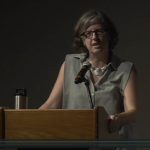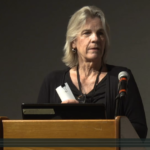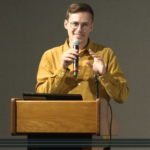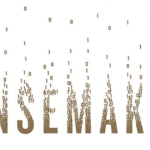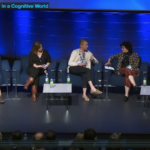
by QAMAR ZAMAN, Stripe Partners
When I was studying economics at university one of our professors introduced us to Jorge Luis Borges’s “On Exactitude in Science”, a one-paragraph story. It imagines an empire so enthralled by cartography that larger and larger maps of the place are built by successive generations until a map on the same scale as the empire is drawn. Following generations realise a map of such magnitude is cumbersome and “in the western deserts, tattered fragments of the map are still to be found, sheltering an occasional beast or beggar”. Our professor’s point back then was that in a world where trying to see and make sense of too much is impossible, simple models to comprehend the world (and economics was built on simple models) carry immense value. Some years on from that, combining big data and thick data promises the ability to see and understand much more. Their combination can provide maps which are vast but also allow us to make sense of the landscape and people inhabiting them. This piece shows what...

